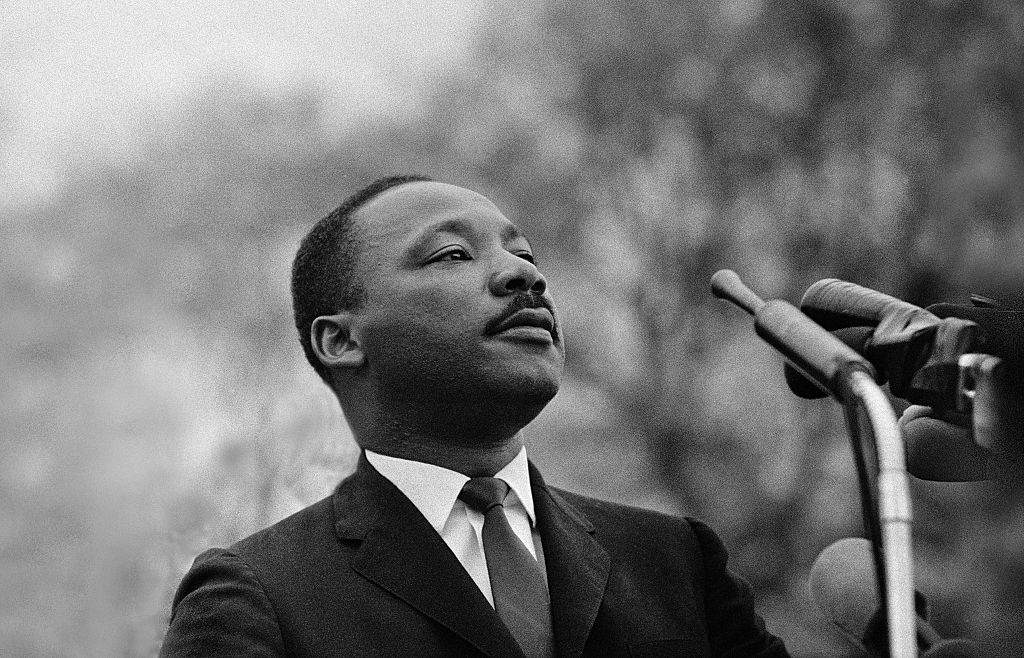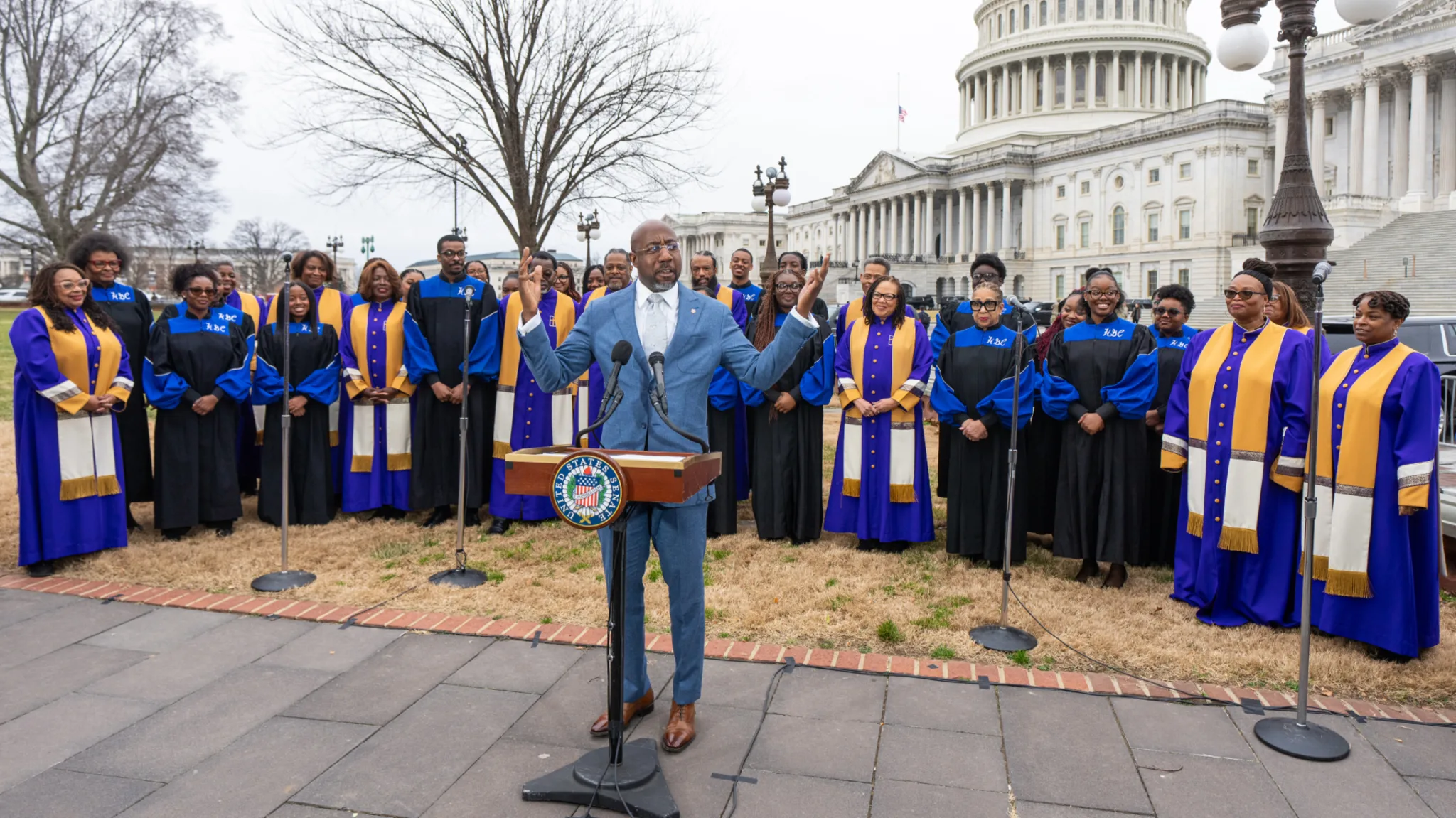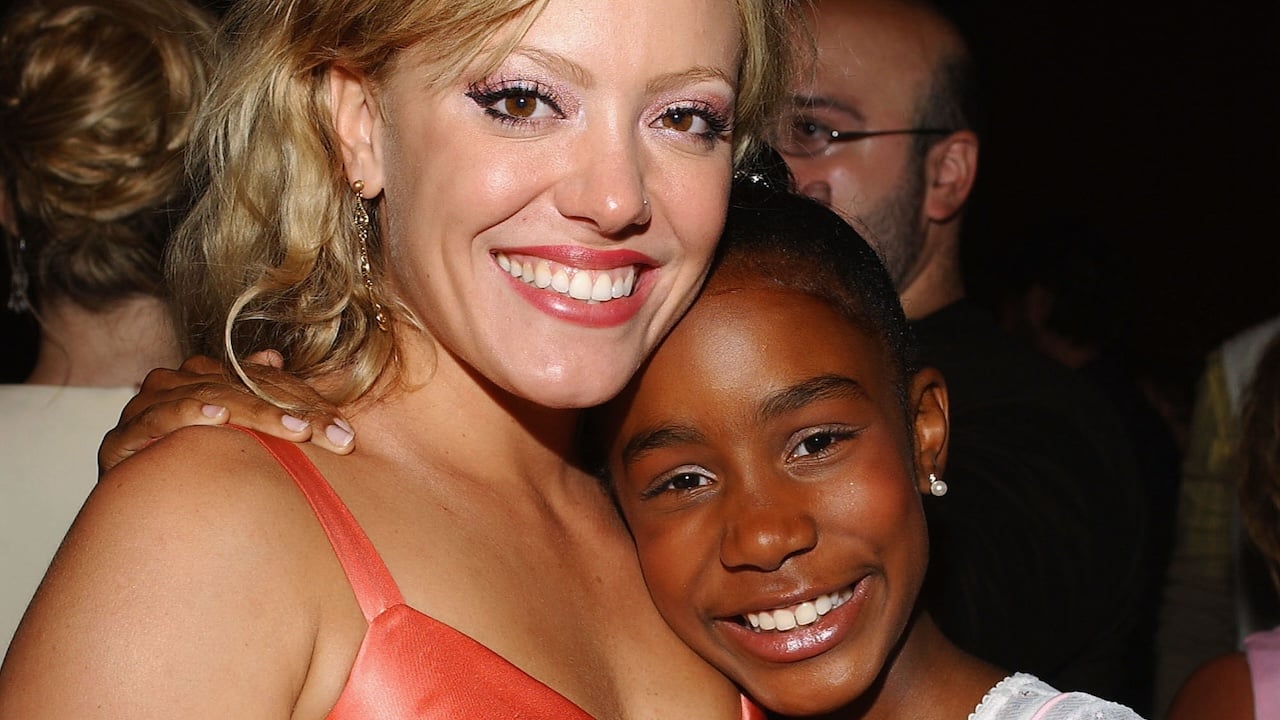Solo Travel, Black Girl Joy, And Tracee Ellis Ross


I’ll admit it: I am a bit obsessed with Tracee Ellis Ross’s new Roku TV series, Solo Travel with Tracee Ellis Ross. That obsession is rooted not only in Ross being one of my all-time favorite Black girl actors, but also in her status as a style icon whose fashion looks never miss, and as a model for what aging beautifully and living one’s very best life can look like.
I regularly listen to and read interviews where Ross reflects on what it means to show up in the world with intention and joy, as a Black woman in her 50s who is both unpartnered and childless. Her words and her way of moving through the world sit with me deeply as I continue to map out my own path as an almost 50-year-old, unpartnered, Black woman with an adult child—someone who is also committed to curating a life filled with passion, joy, and unforgettable experiences.
In Solo Travel with Tracee Ellis Ross, we follow Ross as she journeys across the globe—to Marrakech, Cancún, and Marbella, among other destinations—inviting us into her world of discovery. Each episode is less about checking off tourist attractions and more about slowing down, savoring what is present, and creating rituals of joy in new places. Ross moves through markets, beaches, cafés, and quiet city corners with a curiosity that feels deeply intentional, modeling what it looks like to claim your own adventure as a Black woman traveling alone. The series is both travelogue and meditation: part style, part soul work, all guided by Ross’ refusal to shrink herself or wait for permission to live expansively.
I remember being in my 20s, and even into my 30s, feeling uneasy about the very things Ross embraces in Solo Travel: eating out alone, traveling solo, or sitting quietly at a cafe with coffee and a book. At 48, and after living a whole lot of life, I still sometimes carry that old discomfort—the sense that people are watching and judging, as if choosing to be alone means something is lacking. But Ross’ journeys offer a different story. One where solitude is tender, intentional, and a way of caring for yourself.
Watching the show reminds me that Black women don’t need a partner or a traditional family structure to live a meaningful, adventurous life. We can begin that life right now, on our own terms, knowing that there’s real power in choosing ourselves, again and again. In an interview with Condé Nast Traveler, featured on their Women Who Travel podcast, Tracee puts it beautifully:
“Solo traveling for me… is not an opportunity to see the world. It is an opportunity for me to be myself in the world, to have the courage to make space for myself, honor myself, and do that out in the world in places that aren’t home.”
That reminder—that you can create a sense of belonging wherever you are—has shifted how I think about being alone. Solo travel isn’t about proving anything to anyone. It’s about affirming, for yourself: I matter. I deserve joy. I deserve beauty. I deserve to explore, to rest, to dream. And I don’t have to wait for anyone to begin doing any of that.
Society often boxes Black women into extreme archetypes: either the pitiful spinster or the stoic heroine. But Tracee Ellis Ross offers something more human, something more spacious. “There’s gotta be something in between,” she says in Salon, and she’s right. We’re not waiting to be rescued, and we’re not marching through life in armor. Black women can be soft, radiant explorers, moving through the world with curiosity, laughter, grief, love, and a hunger for liberation.
Watching Tracee Ellis Ross own her singleness and childlessness with joy and abandon reminds me to see my own life as a work of art—a canvas shaped by intention and curiosity, not by who is or isn’t walking beside me. I’m continuing to learn to stop treating my life as something unfinished and to see it as what Ross calls a luxury: living fully, deliberately, and outside of someone else’s timeline. Now, when I travel, I can carry a deeper confidence in who I am, and move to the rhythm of my own choosing—understanding that rhythm is what will bring me the most peace and the most happiness.
I’d be lying if I said that loneliness hasn’t been a companion of mine, sometimes sorrowful, sometimes sweet and soft. Ross offers a gentle reframe of how we usually consider loneliness as she discusses all the lessons she’s learning as she travels the world solo—to her: “Loneliness doesn’t; it just means I have to make space for the feeling.” I believe we have to learn not to run from loneliness but to meet it gently, letting it come and go like water. Traveling solo won’t help us escape loneliness, but it can teach us to witness it and keep moving. Being alone does not mean being lonely. That truth holds so much power. So many of us have been taught to measure our worth in how we are connected to others, but learning to bask in our own light can be its own kind of liberation story.
We also have to name our fears. As Black women, safety is not a vague and random concern—it’s real. We experience stares in unfamiliar streets, whispered (sometimes shouted) anti-Blackness and misogynoir, the weight of being hyper-visible. There is also the fear of loneliness, of boredom, of not seeing anyone who looks like us. But these fears shouldn’t disqualify us from the experiences we both desire and deserve; instead, they simply ask us to prepare. To research. To connect with other Black women travelers. We have to let fear serve as a signal, not a stop sign. And this wisdom should apply to solo travel and life overall.
It’s also important to remember that the solace we can find in solo experiences doesn’t have to start big. We can start where we are. Dine alone at your favorite café. Take yourself on a date in your city as if you are your favorite lover. Be a tourist in your neighborhood. Stay at a cozy bed and breakfast in a town nearby. Choose places that feel safe and welcoming, and let these experiences grow in layers. Let them stretch you softly and remind you that you are allowed to take up space in the world on your own terms.
To Black women in your 30s, 40s, 50s, and beyond, especially those of us who are unpartnered and childless, this is your sign. Book the flight. Dress up for the night out alone. Sit on the gallery bench and dream new dreams. Write in your journal by the hotel window. Because as Tracee Ellis Ross has shown us, you are already enough. You are already worthy. Solo travel is not about escape. It is about returning to yourself. And your company, I promise you, is more than enough.
Josie Pickens is a writer, cultural critic, and community organizer whose work explores love, liberation, and the fullness of Black women’s lives. Follow her on Threads and IG at @jonubian.
SEE ALSO:
Corey Holcomb, Tracee Ellis Ross, And Misogynoir Disguised As Comedy
What's Your Reaction?
 Like
0
Like
0
 Dislike
0
Dislike
0
 Love
0
Love
0
 Funny
0
Funny
0
 Angry
0
Angry
0
 Sad
0
Sad
0
 Wow
0
Wow
0

































